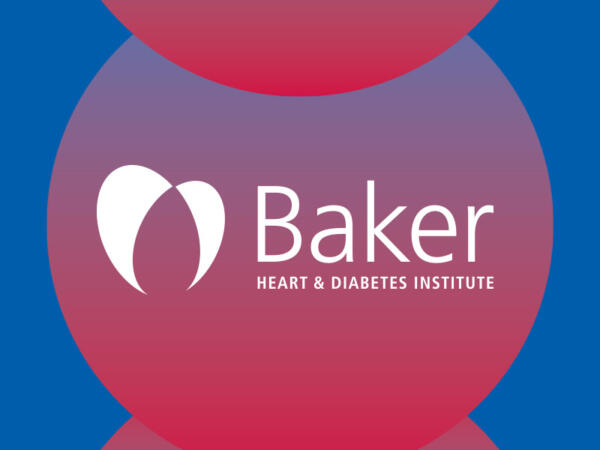Opportunities to participate in research studies
Living with heart disease? Have your say on future supports.
If you are living with heart disease and want to help shape how people like you are supported in the future, we’d love to hear from you. The Baker Heart & Diabetes Institute is running a study testing HeartM8, a simple chatbot you can use on your phone that asks you questions in everyday language about how you’re going and managing your condition.
You can do this study entirely from home, and it will take under 30 minutes of your time. Participation consists of a 10 minute session with HeartM8 on your phone, followed straight away by a 10 minute phone interview about your experience.
If you have heart disease, a mobile phone, and are interested in having a say in the future of supports for people with heart disease, please get in touch for more information or to take part.
You can download an information sheet about this study here.
If you are interested in participating in this study or would like more information, please get in touch with Nick Kashyap at Nick.Kashyap@baker.edu.au.

Can exercise training improve blood vessel health in people living with atrial fibrillation?
Researchers from the Institute of Physical Activity and Nutrition at Deakin University are conducting a study investigating the effect of exercise training on blood vessel health in adults living with atrial fibrillation. This research includes a free 12-week supervised exercise training program with an Accredited Exercise Physiologist.
You may be eligible for this study if you meet the following criteria:
• Age: 40-80 years
• Clinical diagnosis of atrial fibrillation that is confirmed by a physician
• Not regularly exercising at moderate or vigorous intensities (≥150 minutes per week)
• Individuals without atrial fibrillation or other health conditions
This study will be conducted at the Institute for Physical Activity and Nutrition at Deakin University, Burwood Campus and will involve supervised exercise sessions for 1-2x 30 mins-1 hour supervised sessions at Deakin University and 1x 30 minutes unsupervised exercise session per week from home. The exercise program assignment is randomised and the participant will be assigned to either: (i) combined exercise training involving moderate-intensity interval training plus weight training; or (ii)
a yoga/stretching based exercise program.
Participants enrolled in this study will be provided with a Polar Heart Rate monitor which they may keep and provided a tailored exercise program prescribed by an Accredited Exercise Physiologist.
For further information on this study, please contact:
• Dr. Kim Way: kim.way@deakin.edu.au.
• Ms. Tori Roberts: toroberts@deakin.edu.au.

